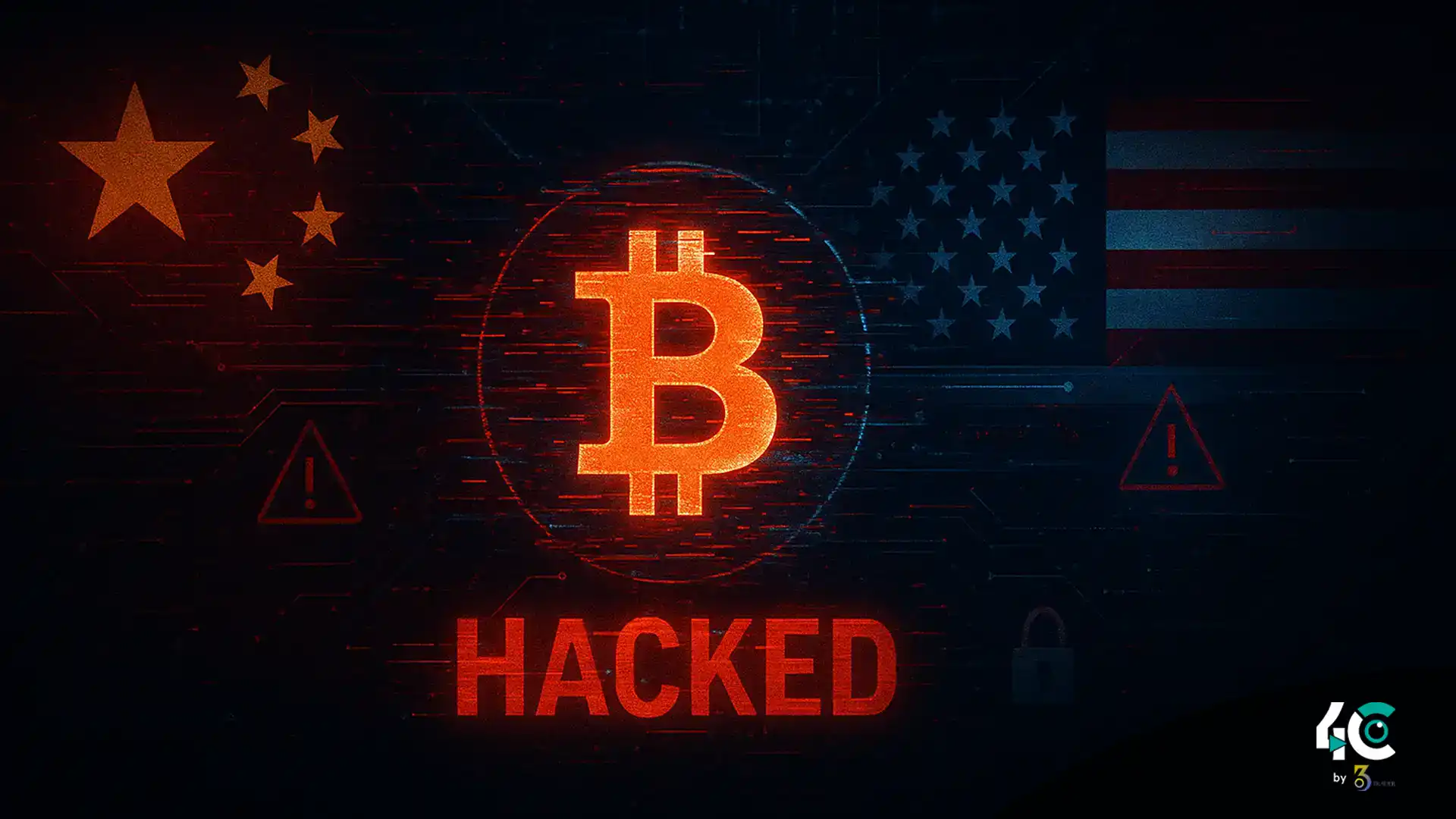China’s Cyber Agency Alleges US Role in Massive $14.5 Billion Bitcoin Hack
In a shocking turn in the global cybersecurity and cryptocurrency landscape, China’s National Computer Virus Emergency Response Center (CVERC) has accused the United States government of being directly involved in the LuBian Bitcoin mining pool hack, which saw 127,272 BTC stolen in December 2020.
The CVERC published a technical analysis report on Sunday, alleging that the US secretly took control of the stolen Bitcoin — now valued at over $14.5 billion — in what it calls a “state-level cyber operation.”
The Hidden Hack That Rocked Bitcoin
The LuBian hack, largely unknown for years, resurfaced in August when Arkham Intelligence revealed it as the largest Bitcoin theft ever recorded.
Weeks later, the U.S. Department of Justice (DOJ) filed a civil forfeiture complaint for the same 127,271 BTC, linking the assets to Chen Zhi, founder of the Prince Group, who reportedly controlled LuBian’s holdings before the theft.
According to the DOJ filing, the seized Bitcoin is already in US government custody, marking what officials called the “largest forfeiture action in US history.”
Also Read : Binance.US Accused of Political Favoritism After Trump’s CZ Pardon — Senator Sounds Alarm
China Questions How the US Got the Bitcoin
The CVERC challenged the US government’s narrative, pointing out that the indictment never explained how the US obtained the funds.
Data from Arkham Intelligence showed that on July 5, 2024, an address tagged “LuBian.com Hacker” transferred 120,576 BTC — nearly the entire stolen amount — to another address labeled “US Government: Chen Zhi Seized Funds.”
The CVERC said the funds had remained untouched for almost four years before being “fully taken over by the US government.”
“Such long dormancy contradicts the behavior of ordinary hackers who are quick to liquidate their gains,” the report stated.
“It appears to be a deliberate, state-orchestrated cyber operation.”
Blockchain Messages Begging for Bitcoin’s Return
Adding to the intrigue, CVERC shared that Chen Zhi and his Prince Group had repeatedly tried to contact the hacker through on-chain messages — sending symbolic $23 Bitcoin transactions pleading for the return of the funds.
Despite the emotional appeals and offers of rewards, the hacker never responded.
This bizarre twist — of using blockchain itself for ransom negotiations — deepens the mystery around the LuBian hack and its geopolitical undertones.
A Geopolitical Crypto Flashpoint
The report’s release has sparked a new chapter in US–China relations, with Beijing implying that Washington may have weaponized blockchain infrastructure to seize control of digital assets tied to Chinese entities.
Arkham data further reveals that the LuBian-derived BTC represents 39% of all Bitcoin held in US government-associated wallets — a staggering figure that underscores the scale of the case.
Meanwhile, in a recent interview with CBS News’ 60 Minutes, former US President Donald Trump declared that the US leads the world in crypto adoption, adding that “China is catching up fast.”
Whether this escalating standoff will remain in cyberspace or move into diplomatic channels remains to be seen.



























